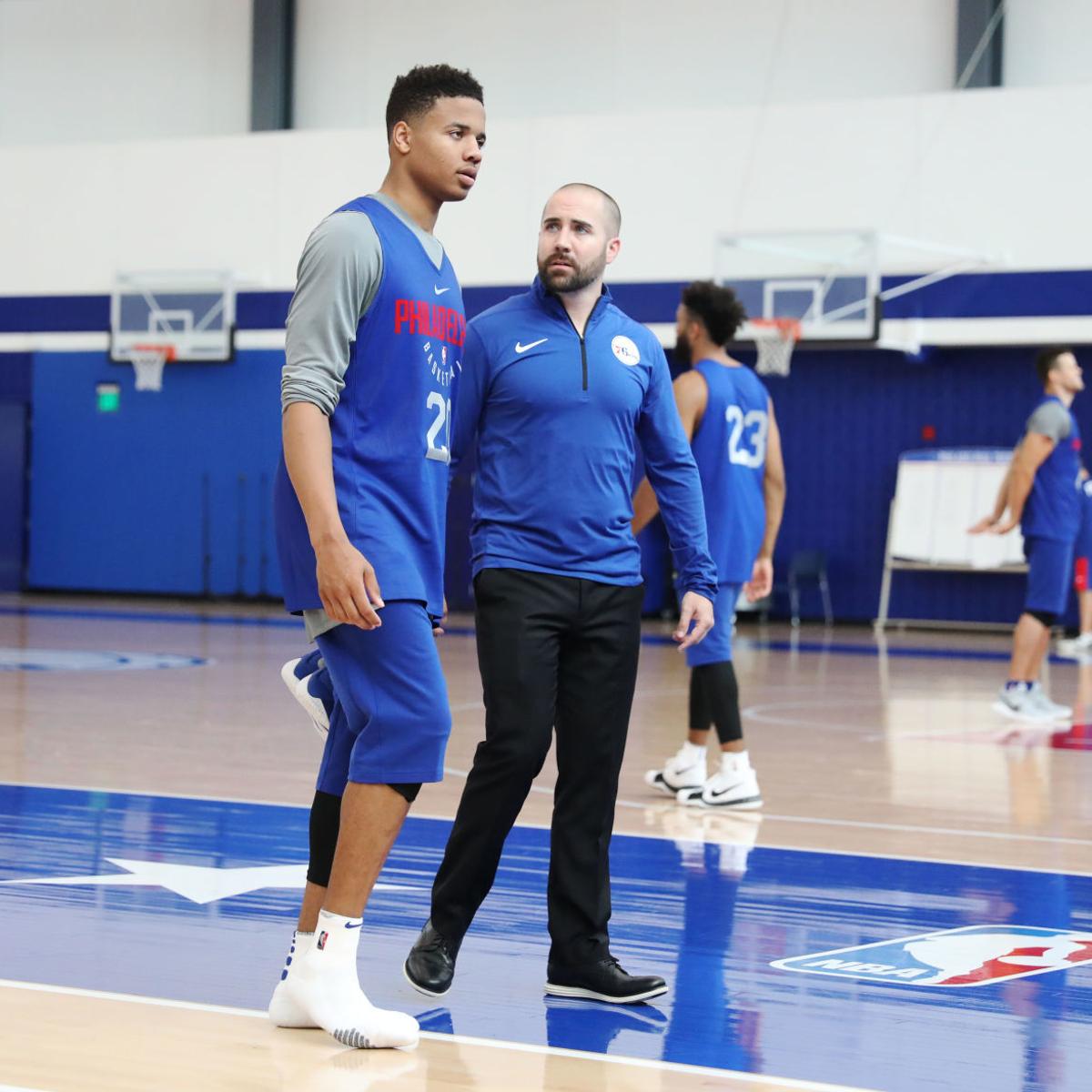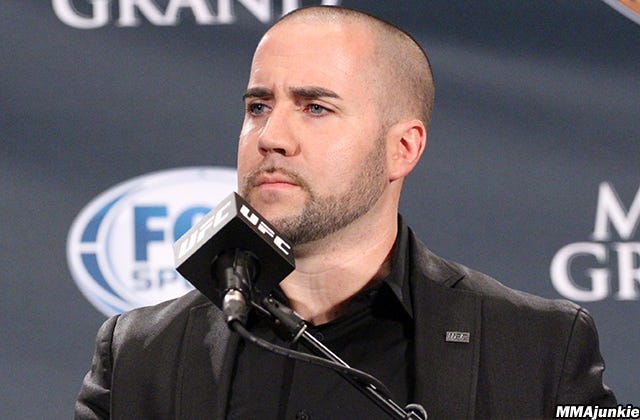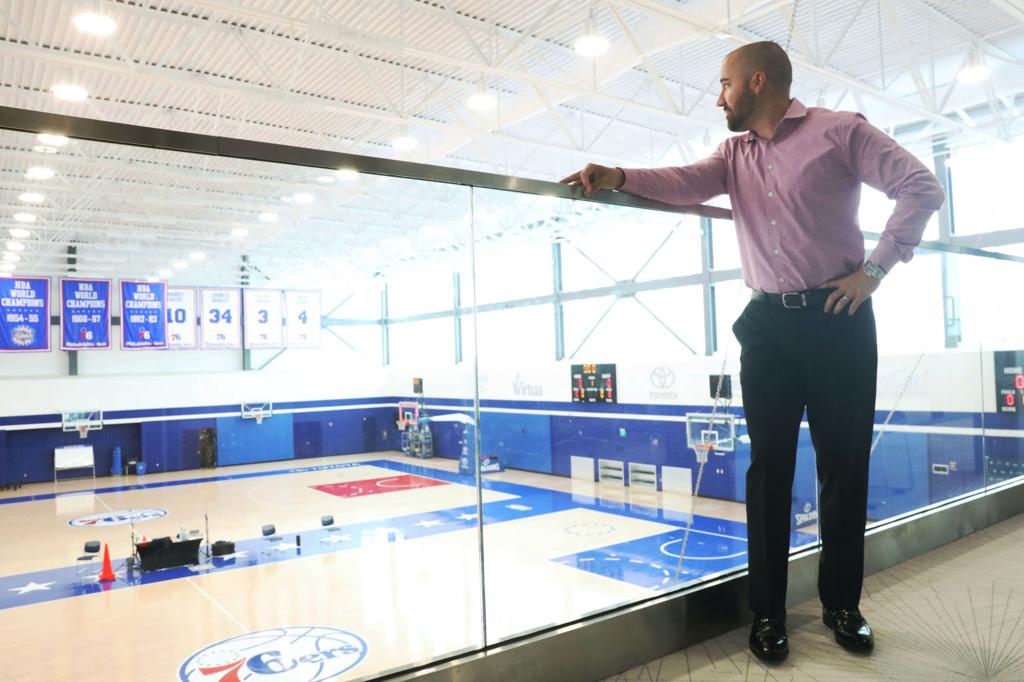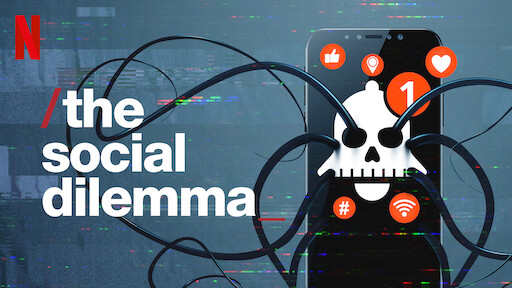Social Media Etiquette, APA Format, and Technology Takeover: How do we act and use the internet appropriately?
Have you ever posted something online that was insensitive or not your own information without thinking and realized later, "Wow. I really should not have posted/included that?". Have you ever scrolled on social media for far too long without realizing it and have wasted hours that could have otherwise been productive and wondered "How did I get so addicted to scrolling?". Both of these scenarios are more common in people than one might think and while sometimes seemingly harmless, can have large negative impacts on your own life and the lives of others. With social media and the internet growing more and more intertwined into the daily activities of our lives, how we use the tools provided to us is key to keeping the internet a safe and productive place. Not only is it important to give credit to those who create content and research certain topics, but it is important for us to use social media responsibly (including how much time we spend on social media and knowing what is appropriate and inappropriate to post).
Social Media Etiquette:
This week during our class, we were provided with the great opportunity to have a Q&A session with former 2006 Stockton University graduate and current Vice President of Communications for the 76ers Dave Sholler. Mr. Sholler spoke to our class all about his rise to success, his day-to-day job requirements, and his perspectives on how social media is helping and hurting us and our society in many ways from his personal experiences. Mr. Sholler is the perfect success story, as he came from an underprivileged New Jersey neighborhood, took his fate into his own hands, and made many professional opportunities for himself by working hard, making connections with the right people, and taking risks in order to open the door to new opportunities that otherwise would have never been available.
One of the main topics Mr. Sholler discussed was networking and its importance to gaining great professional opportunities. For example, Mr. Sholler saw his former boss (of which he made a good impression on during a previous internship opportunity) one day when he was working a lower-level sport promoting job in Atlantic City and was offered one of his dream jobs to work at the UFC in Las Vegas. Without taking the risks necessary to gain the initial opportunity of the internship in the first place (including convincing a dean at Stockton to take a chance on a younger student when only older students were ordinarily considered for these types of positions), Mr. Sholler would have never have been able to make the strong and positive connections that led him to his first big job. This particular notion struck a chord with me, as I know to get ahead in my career, I need to be more comfortable taking risks that may help me in the long run!
In addition to this story (and similar tales where he got his job with the 76ers through rekindling his relationship with a 76ers executive at another event), Mr. Sholler mentioned the importance of internet tools such as LinkedIn, which can help provide people with jobs and internship opportunities from networks customized to their fields and interests. In my personal experience, LinkedIn has been a very useful tool in meeting those who are involved in the nursing field and could possibly provide me with good opportunities to expand my skills and gain internships. Though I have not used my account much yet, I am hoping to become more active as I move into my sophomore year of college. I have also made some connections with family and friends who are involved in the medical field who have offered to help me find job opportunities when I am finished school. Just as Mr. Sholler stated, it really does help to know someone who knows someone and I am committed to focusing on this advice and creating relationships that will help catapult my success as I graduate.
When asked about how social media has changed the way in which he does his job, Mr. Sholler stated that "social media is both the best and worst thing to happen to his job and his life." Being the vice president of communications, social media adds an added layer of challenge to controlling the image of the 76ers brand, as all of the players' social media accounts need to be monitored in order to keep a consistent and clean image of the brand. When asked what some of his tips for safe and smart social media tips are for his players and even students, Mr. Sholler stated that his number one piece of advice is that when under the influence, not posting on social media is your best bet. Even though it may seem like a great idea at the moment, posts of you partying and using various substances are not likely to be taken well by prospective employers or business partners.
Hearing Mr. Sholler speak on all of his experiences with professional athletes and their PR mishaps (such as the homophobic slur made at a press conference that needed to be controlled on social media, or the false social media posts accusing Ronda Rousey's husband of participating in domestic abuse against his former partner) showed me that social media can be helpful in cleaning up the messes of others but more often than not provides people and easy and widely accessible platform to make those messes. In addition to this, Mr. Sholler also expressed that the common act of "hiding behind the computer screen" to do and say things that you would not normally express in real life and know would be wrong for in-person situations is a dangerous concept that many fall victim to online. Instead, using social media for positive impacts (such as the way in which he created a campaign for Social Justice on behalf of the 76ers). Applying these ideas to my major, I will be writing my midterm paper on a Nurse who chose to post an infant patient in her hospital online, which clearly is an ethical and professional violation. As a future medical professional, I will be making sure to examine situations such as these and learn how to avoid the temptations of posting anything and everything on social media.
The final main topic that Mr. Sholler discussed was the importance of first impressions, both digital and in person. For example, he explained that many students coming from college are equipped with a lack of interviewing skills. As someone who conducts interviews often, Mr. Sholler gave us some tips on how to make the most of your interview experience. Some of these tips included making sure to research the organization for which you are interviewing, ask relevant questions, and being sure to make a great and lasting first impression. Mr. Sholler stated that whether on social media or in person, first impressions are key and should be handled with professionalism and poise. Being sure to reherse your answers to common interview questions to being confident in your answers is a perfect way to make sure you are representing the best you possible and showing the employer that you are taking this offer seriously. In the Nursing field, first impressions and a positive personality are just as important as having the medical qualifications to treat patients so I need to have great interview skills to make my mark in an interview room. As a young college student and future young professional, I will be sure to heed Mr. Sholler's advice as I have little experience interviewing for positions, let alone those that could become a life long career path.
Thank you Dave Sholler for taking the time to speak with our class and give us some great advice on how to navigate the professional world in the age of social media! I truly appreciated all of your advice and I will be taking much of it to heart as I go through my own professional journey.
APA Format:
When it comes to proper citations and formatting of professional papers, there are a few different formatting choices that can be chosen from, including APA, MLA, and Chicago. APA (American Psychological Association) is the most common format used for social sciences and collegiate writing at the Bachelor's level. In Stockton University's presentation on APA Style and Literature Searches, Tom Kluxen explained the basic format of APA format, which is a title page (for student papers consisting of a paper name, student name, institution, and author's note with any additional information), abstract (a short paragraph synopsis of your paper), the body of your paper, and a references page. The guidelines also include details such as font size 12, serif font, and 1 inch margins. Being new to APA personally, I have always tried to use the APA formatting guides available on Word and Google Docs, but I now know that these formats are not absolute and should always be double checked with sites like Purdue Owl or formatting books.
Kluxen also spoke about tips for finding sources that can be used in a paper (with more recent, peer reviewed sources, and data straight from the source being your best bets), along with explaining in text citations (which in some format should include an author last name, the year it was published, and a page number) and where to find the best sources at Stockton. He explained that the Stockton Library has access to thousands of academic journals and databases on their websites, and explained the process of narrowing down search results (using "quotation marks" and the and/or/not features) to help show only the results that are relevant to your results. Finally, Kluxen talked about the correct way to format a references page (alphabetized by last name, hanging indents). While all of this is a lot of information to process, I found this video particularly helpful in teaching me the tips and tricks of how to make the APA process easier. As a strong writer, I can sometimes fall into the trap of missing simple mistakes in my writing. With this in mind, I will also do my best to take advantage of the Stockton Writing Center to get a fresh pair of eyes on my work.
Technology Takeover- "The Social Dilemma":
It is obvious that social media and the internet have become integral parts of our everyday lives in society. In the Netflix documentary "The Social Dilemma", many of social media's former high executives and algorithm creators expose their own products and many others as creating some of the biggest issues with the ways that social media sites are designed. Many of these executives explain and expand upon the common idea through their interviews that social media companies are selling its users and their screen time to advertisers for profit, and writing codes, artificial intelligence, and algorithms so intense that we as humans are becoming more unlikely to be able to control these programs. The better programs these companies write, the more time we as users are likely to spend on these platforms, and therefore the more money they will make.
Because these programs are designed to keep your attention for as long as possible, the algorithms aim to keep you distracted from your personal and professional lives, which is clearly unproductive and unacceptable. This can be seen in the impact of social media on many small and large government systems and elections, as "fake news" that is spread on social media can destroy the fabric of those societies. In addition to this, different search results can be altered to show you the most shocking (and therefore time consuming) results based on your past searches and even location, again keeping you even more distracted and giving you false information that can leave you misinformed on important issues. From a nursing perspective, this is an extremely dangerous idea as if people are getting different search results when it comes to medical information, any slight difference in the search results for a specific disease or treatment could be fatal.
After watching the documentary, my eyes were opened to just how much information all of these internet and social media companies have on myself and my loved ones. As a young adult who grew up as a part of Gen Z (which was mentioned in the film), I find it hard to imagine a world without social media or the internet and therefore habe grown accustomed to these manipulation tactics over the years. This documentary however really opened my eyes to what the act of scrolling on social media really means and how that can affect my future. As I am growing older and having to take more responsibility over my own life (especially as I begin to enter the professional medical realm), I need to find a balance between using the positive tools available online to my advantage while limiting my social media usage in order to break the cycle of manipulation and addiction to the internet that is present in so many of us (involuntarily) today.
Final Thoughts:
Overall, it is clear that while the internet can be a super productive place, the ways in which we use social media and create content should be carefully monitored in order to avoid mishaps and misinformation. When entering the professional realm, social media should be used carefully and professionally in order to secure a job. When creating new content, correct citation formats such as APA should be used to avoid plagiarism on the internet and make sure all of the information we are accessing is accurate and reviewed. As a population, we need to make monitoring social media algorithm creation a priority so that we are able to control how we use social media, rather than letting it control us.







Hey Erin! You really went into this one with this weeks blog! I agree, after watching The Social Dilemma, I have a whole new perspective of social media and the industry. And you're right, it is very important to start taking more responsibility of our lives since we're growing up. Great work, keep it up!
ReplyDeleteErin, this blog was great! You really gave a thorough well written summary about Dave Sholler and the entire Q&A experience we had, allowing for those who weren't there to experience it be able to imagine and retain all the same information as if they were.
ReplyDeleteHi Erin, I like how in depth you went with everything you talked about in your blog! I admired how much you talked about Dave Sholler and how he has impacted the community while integrating a little part of himself to give back to the community as well. i think that the internet can be such a useful resource in terms of looking things up and even the usage of social media. However, it was respectful on how you acknowledged yourself in terms of social media etiquette because like you said, we're growing older, thus we have to take more responsibility when it comes to social media especially because we're the most hip with this type of information.
ReplyDelete